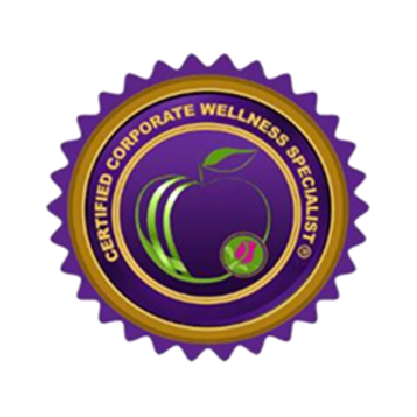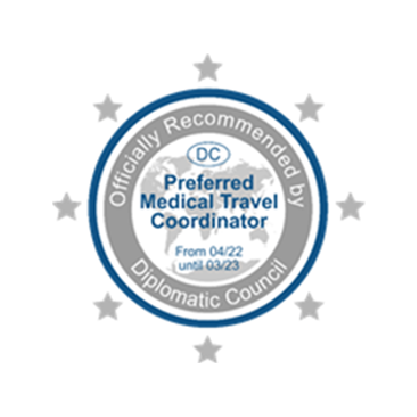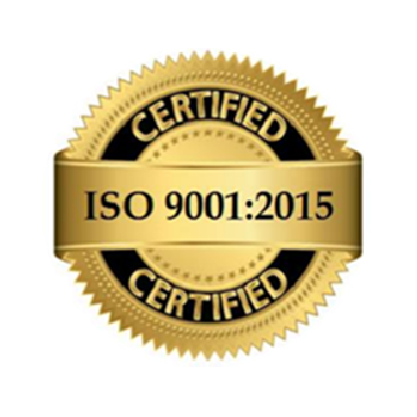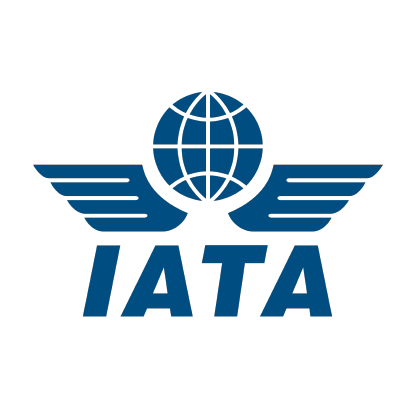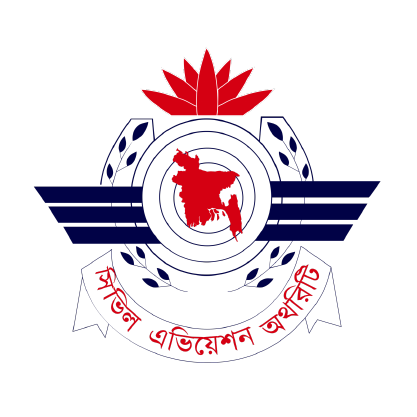- 31Mar
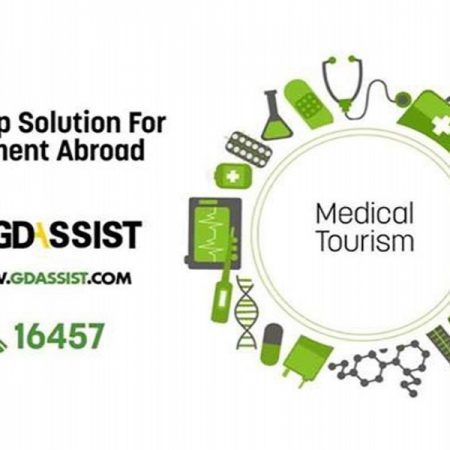
Singapore: A modern healthcare tourism destination
The journey of a medical tourist visiting another country for treatment can be quite predictable. The
- 20Mar
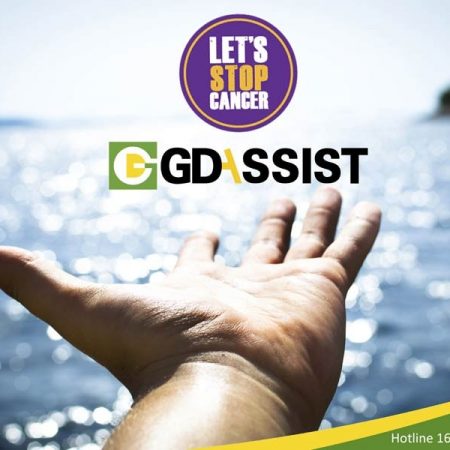
The importance of being cancer-wise
The dreaded six-letter word is all the more feared because it is apparently invisible. Cancer can
- 14Mar
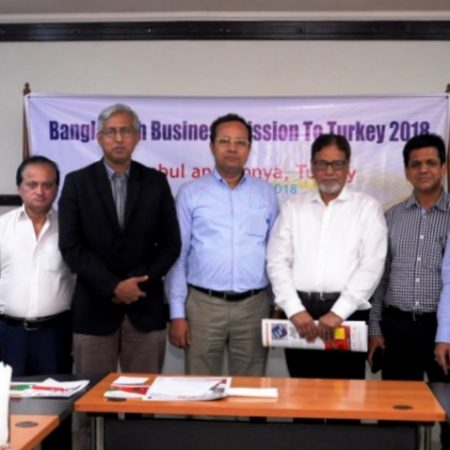
Bangladesh to expand business in Turkey
Bangladesh has taken an initiative to develop trade with Turkey by launching “Bangladesh Business Mission to
- 6Mar
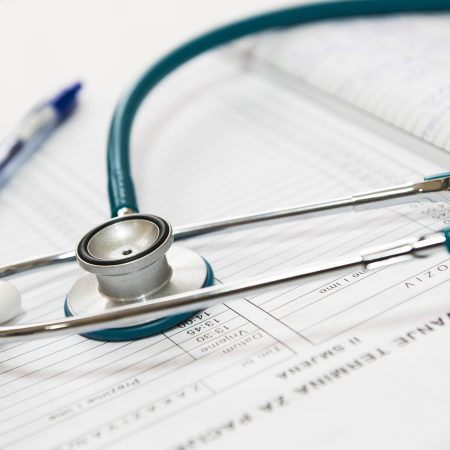
8 important things to do before medical treatment abroad
With the global medical tourism market galloping at a compounded rate of 19% , one thing
